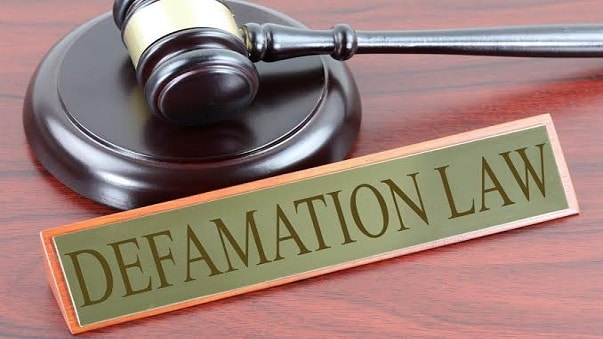Section 411 in The Indian Penal Code (IPC): Dishonestly receiving stolen property
Whoever dishonestly receives or retains any stolen property, knowing or having reason to believe the same to be stolen property, shall be punished with imprisonment of either description for a term which may extend to three years, or with fine, or with both.
Section 411 of the Indian Penal Code is cognizable and non bailable.
Section 411 of the Indian Penal Code (IPC) deals with the offense of Dishonestly Receiving Stolen Property. This section is a non-bailable, cognizable and non-compoundable offense, which means that the accused can be arrested without a warrant and the case cannot be compromised between the parties.
According to section 411 of the IPC, whoever dishonestly receives or retains any stolen property, or buys or sells any stolen property, knowing or having reason to believe the same to be stolen property, shall be punished with imprisonment of either description for a term which may extend to three years, or with fine, or with both.
In order for the prosecution to successfully prove the offense under section 411, the following elements must be established:
- The property must have been stolen
- The accused must have received, retained, bought or sold the stolen property
- The accused must have known or had reason to believe that the property was stolen
- The act of receiving, retaining, buying or selling the stolen property must have been done dishonestly.
It is important to note that the mere receipt of stolen property is not enough to attract the provisions of section 411. The accused must have the knowledge or reason to believe that the property was stolen, and must have acted dishonestly in receiving, retaining, buying or selling it.

The provisions of section 411 are applicable not only to individuals but also to companies and organizations, who may be held liable for receiving stolen property if they had the knowledge or reason to believe that the property was stolen.
In conclusion, Section 411 of the Indian Penal Code provides a deterrent against the receiving or retaining of stolen property. It is a serious offense and attracts severe punishment, and serves as a warning to individuals and organizations to not engage in such activities.
What Is Stolen Property?
Stolen property is any item that has been taken without permission. If you receive something that belongs to another person, then you must return it to them. You cannot keep it as your own.
Who Can Be Prosecuted Under Section 411 IPC?
Anyone who has committed an offence under Section 411 can be prosecuted under this section. This includes individuals, companies, and even government agencies. However, the law does not apply to those who have received stolen goods honestly.
If you are looking for the best criminal case lawyers then contact Century Law Firm today.


